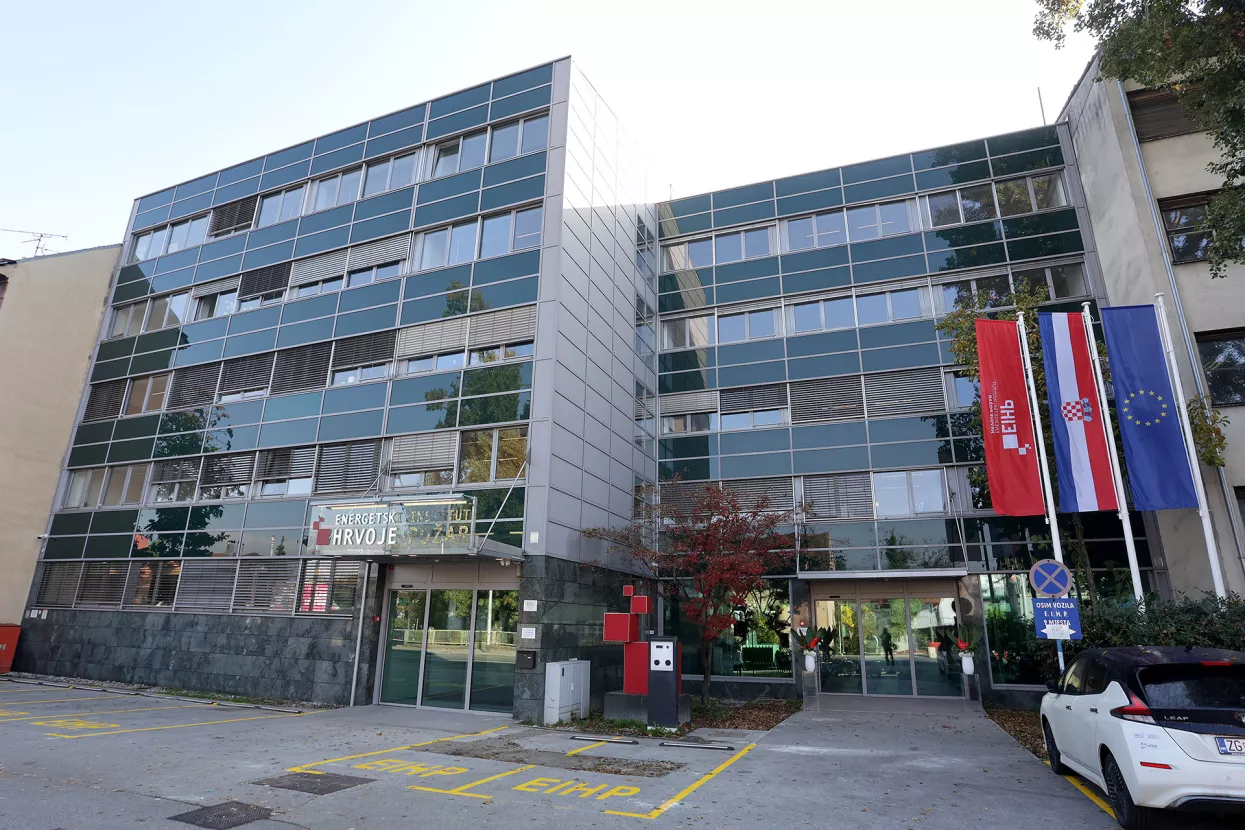Renewable Energy Sources of Croatia (OIEH) and the European Bank for Reconstruction and Development (EBRD) are collaborating on the development of a professional study entitled “Identification of Grid Congestion Locations and the Need for Battery Energy Storage Systems in the Republic of Croatia”.The study will be conducted by the Energy Institute Hrvoje Požar (EIHP) and the Faculty of Electrical Engineering and Computing (FER), University of Zagreb, highlighting the importance of cooperation between science and industry in accelerating the energy transition and achieving national climate goals.
More than 50% of Croatia’s transmission grid has exceeded its projected lifespan, and its modernization is a lengthy process that requires significant investment. At the same time, the power system is facing challenges related to flexibility and limited capacity to store surplus electricity from renewable sources. During the summer of 2024, Croatia imported as much as 25% of its electricity, partly due to the lack of storage capacity.
The targeted implementation of battery energy storage systems can relieve the grid, increase supply security, and enable better utilization and sustainable integration of domestic renewable energy production into the power grid.
“This collaboration clearly shows how important it is to connect scientific institutions with the concrete needs of the economy. The European Union’s latest goal—to reduce greenhouse gas emissions by 90% by 2040—obliges member states to set clear annual targets for increasing the share of renewable energy between 2031 and 2040. Modern electricity infrastructure, including battery storage systems, will play a key role in achieving these goals. This study will contribute to energy supply security and support the implementation of the National Energy and Climate Plan. A higher share of renewable energy, enabled by a more flexible grid, means lower energy costs, a more competitive and energy-independent economy, and greater supply security for both industry and citizens,” said Maja Pokrovac, Director of RES Croatia.
As a long-standing partner in Croatia’s energy transition, the EBRD recognizes battery storage systems as a key component in building a more resilient, flexible, and sustainable power system. “This study will provide concrete guidance for further infrastructure development, and we are especially pleased that top-tier scientific institutions are involved in its development. We believe the results will serve as a foundation for making strategic decisions and attracting investments that will benefit the Croatian economy and its citizens in the long term,” said Miljan Ždrale, EBRD Regional Director for Central Europe.
“One of the key values of this study lies in its comprehensive approach. In addition to a technical analysis of grid congestion and the need for battery storage systems, the study will include a regulatory framework analysis to identify obstacles to successful implementation. Particular emphasis will also be placed on financial aspects: assessing the construction costs of storage systems and their impact on the overall cost of the power system. The study will take into account the broader regional context and the accelerated growth of renewable energy not only in Croatia but throughout Southeast Europe, along with an analysis of the impact of battery storage on cross-border electricity exchange and market price dynamics. The analyses will be carried out using state-of-the-art energy and market modeling tools that EIHP experts have successfully applied for many years,” emphasized Dražen Jakšić, Director of EIHP.
“Collaborating with the energy sector on such important and strategic projects confirms the essential role of science in accelerating the green transition. Within the scope of this study, the team from the Faculty of Electrical Engineering and Computing is responsible for conducting technical analyses that form the foundation for decision-making regarding the future development of the transmission grid and the deployment of battery storage systems. Our researchers will analyze renewable energy evacuation capabilities, identify system bottlenecks, and determine optimal storage locations and capacities. Ultimately, the goal is to contribute to a more reliable and flexible power grid to enable the full and sustainable integration of renewable energy. FER has long-standing active cooperation with industry and participates in the development of advanced solutions for the power system, and this synergy with partners such as EIHP, OIEH, and EBRD is the best example of how the combination of expertise and science can offer concrete responses to the challenges of the energy transition. This study is a step forward toward a more energy-independent, resilient, and sustainable Croatia,” stated Igor Kuzle , PhD, from FER.
The study will result in a proposal for the optimal technical solution for integrating battery storage systems into the power system, along with legislative and regulatory recommendations to enable optimal implementation of the proposed technical solution. These outcomes will support the strategic planning of key stakeholders in the energy sector, including HERA, HOPS, and HROTE, who welcome the study and will participate in its development in an advisory role. The study is expected to be completed by the end of 2025 and will be publicly presented and made available for further use to help shape a sustainable and competitive Croatian energy system.






